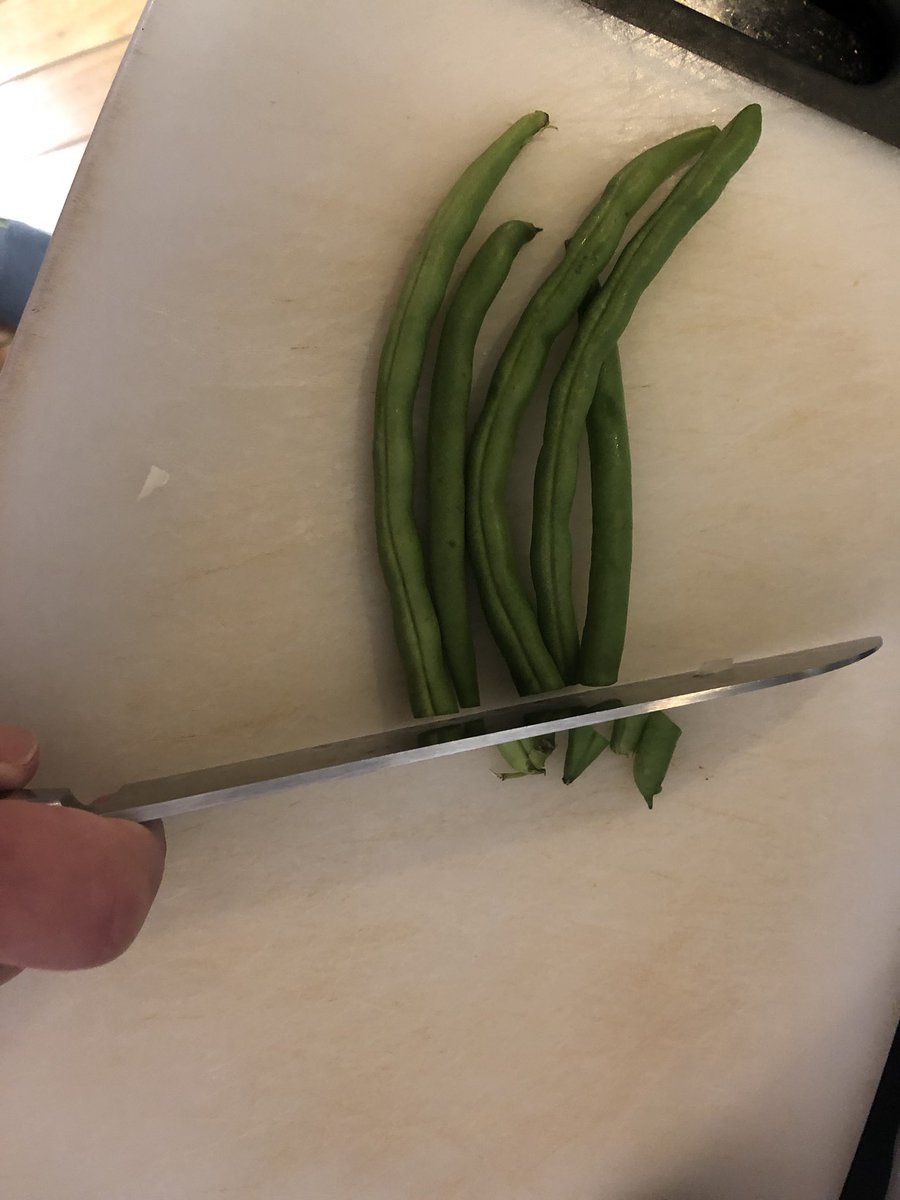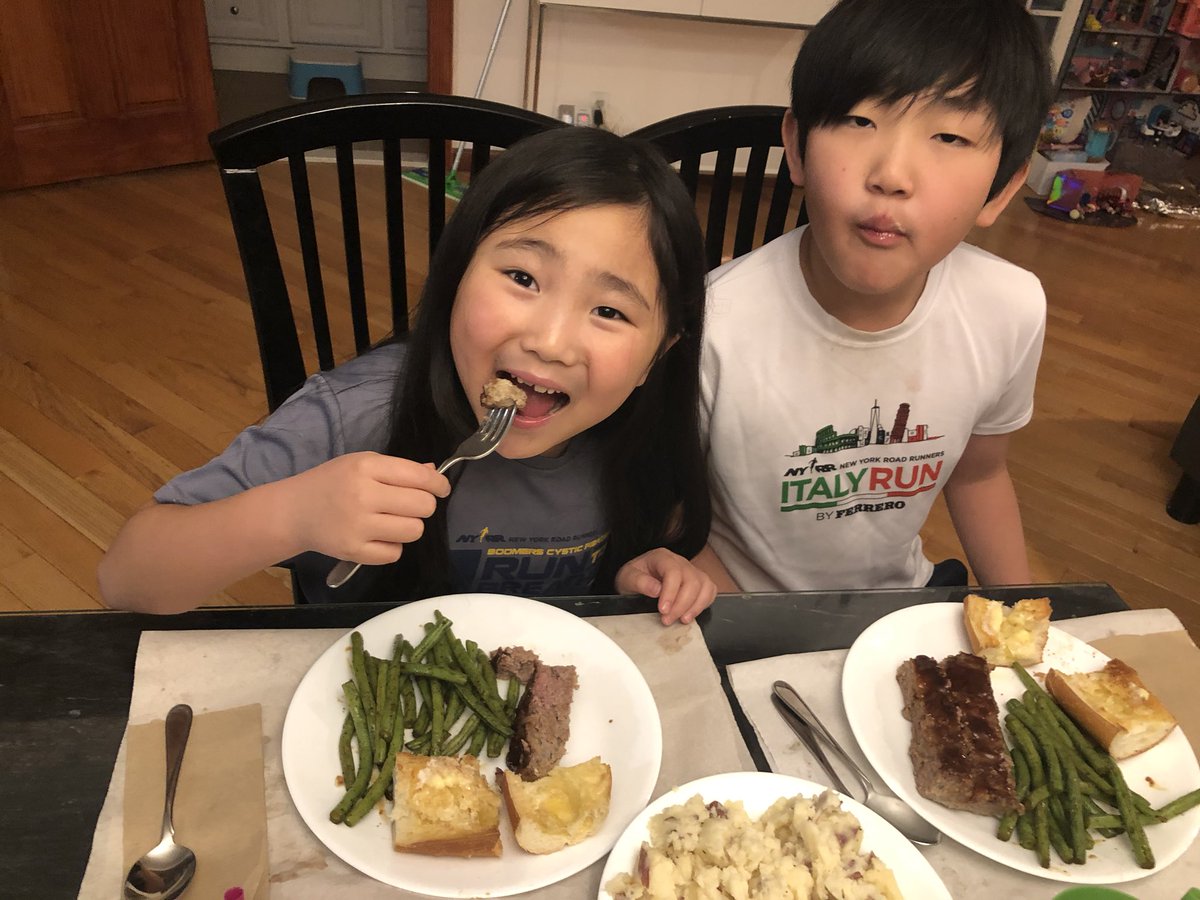1. Sorry for the delay. Tonight for #CookingForLieutenants (I love that my phone auto-completes this hashtag now), another of my kids’ favorites. Meatloaf is one of those comfort foods that’s wonderfully simple, but also easy to mess up.
2. My standard disclaimer. I’m not trying to turn anyone into Paul Bocuse, just passing along a technique or two for beginners who might view cooking as akin to sorcery. Hopefully you like what you make, which is all that matters anyway.
3. Ingredients:
- 1# ground beef, but I’ve used a mix of beef, veal, & pork before. Nowadays, you can only get ground beef in supermarket butcher aisles, so beef it is.
- 1/2 a white onion, diced to pieces about 1/4” wide
- 2 eggs, beaten
- 1/2 cup milk
- 1 cup breadcrumbs
- 1# ground beef, but I’ve used a mix of beef, veal, & pork before. Nowadays, you can only get ground beef in supermarket butcher aisles, so beef it is.
- 1/2 a white onion, diced to pieces about 1/4” wide
- 2 eggs, beaten
- 1/2 cup milk
- 1 cup breadcrumbs
3a.
- 1 tsp dry Italian herbs, because no one has time to chop fresh herbs ... or maybe you do have that time ... in which case, you’ll need thyme, rosemary, oregano, & sage.
- 1/2 cup bbq sauce
That’s it.
- 1 tsp dry Italian herbs, because no one has time to chop fresh herbs ... or maybe you do have that time ... in which case, you’ll need thyme, rosemary, oregano, & sage.
- 1/2 cup bbq sauce
That’s it.
4. Make sure your cutting board is glued to the counter by placing a wet paper towel under the boards Dice the onion. Here’s a link to a YouTube video I uploaded a year or so ago on dicing onions.
5. I like to sauté the onions I put into meatloaf, using ghee, & season it with salt & pepper. I’ll cook them until they just start to look translucent, then set them aside to cool before adding it to the beef. 

6. Mix everything together by hand. It’s messy but worth it. If your raw meatloaf seems too mushy, simply add more breadcrumbs, but make sure it’s still on the liquid side of goopy when you put the mixture in your baking dish. 

7. Place your baking dish in a pre-heated 350°F oven for 45 minutes, uncovered. After 45 minutes, increase the heat to 400°, slather the bbq sauce (I use Rib Rack’s original) on top, then bake for another 15 minutes. 

8. Now it’s time for an accompaniment. In this case, French green beans. Chop the ends off, then blanch (cook in simmering but not boiling water that’s heavily salted) until they just begin to soften. 

8a. Drain the green beans, then toss over low heat with light soy & garlic powder until your meatloaf comes out of the oven. 

9. In this case, I also made mashed potatoes with red potatoes that I diced with the skins still on, half & half, sea salt, & whole unsalted butter. I also made Texas toast with a hero roll (hoagie to you Pennsylvania semantics weirdos), salt, Italian herbs, & garlic powder.
11. Here endeth the lesson.
Postscript. Junior, being a tween boy with a bottomless pit of a stomach, ate 3/4 of the *entire* meatloaf. The girl had one slice, & because I’ve always held to the notion that leaders eat last, my dinner was the mash & green beans they didn’t eat. Where does he put all that?
• • •
Missing some Tweet in this thread? You can try to
force a refresh














